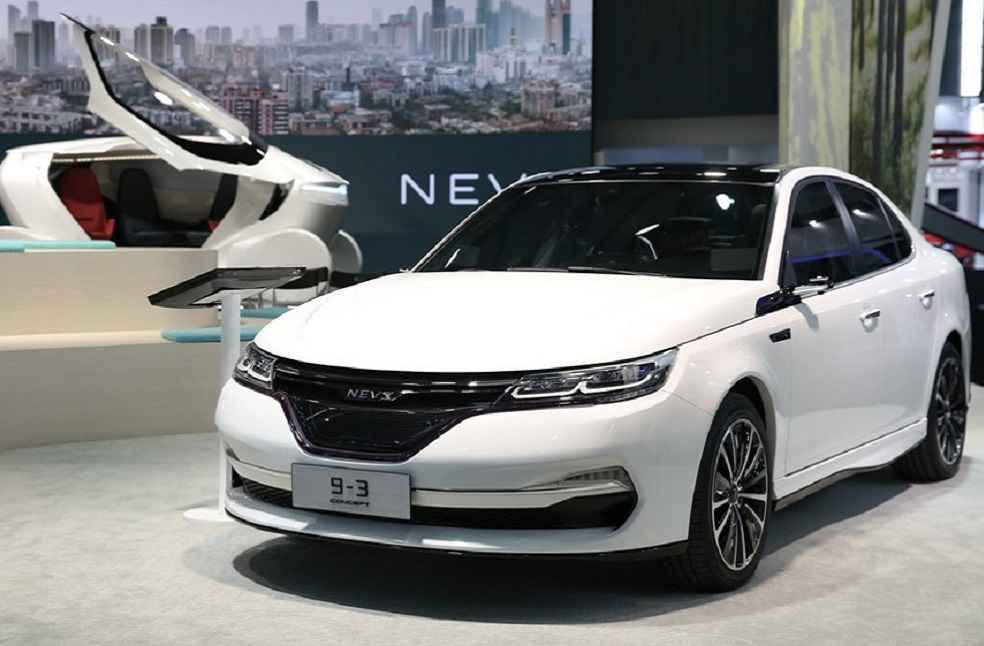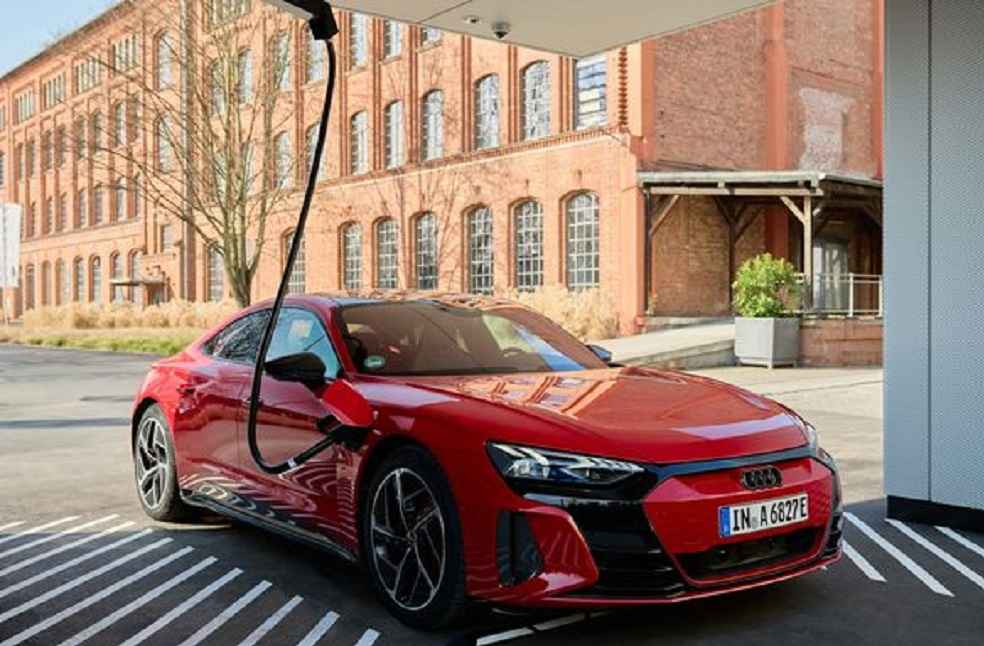Unifor, one of Canada’s most influential unions, is calling on the federal government to impose tariffs on imported Chinese electric vehicles (EVs) as a protective measure for the Canadian auto industry. This push comes as Ottawa deliberates on whether to align with the United States and the European Union, both of which have already implemented tariffs aimed at curbing the influx of Chinese EVs and preserving their domestic markets.
The union, representing a significant portion of Canada’s autoworkers, participated in the government’s 30-day consultation process, which concluded last week. The focus was on countering what Unifor describes as ‘unfair Chinese trade practices’ that threaten Canadian jobs and the integrity of domestic supply chains.
Lana Payne, Unifor’s national president, emphasized the urgency of the situation, stating, “Canada has everything we need to build the electric vehicles of the future in our own backyard, including a highly skilled workforce, deep roots in auto manufacturing, and the critical minerals needed to supply the industry.” Payne urged the federal government to take decisive action, mirroring the protective steps taken by the United States and the European Union.

Unifor’s proposals to the Canadian government include imposing substantial surtaxes on Chinese-made electric vehicles and related components. The union recommends a 100% surtax on EVs, a 25% surtax on batteries, and a 25% surtax on critical minerals imported from China. These measures are designed to bring Canada’s trade policies in line with those of the United States, which recently escalated its own tariffs on Chinese EVs and related products.
Additional recommendations from Unifor include:
- Safeguarding Canada’s supply chain with surtaxes on critical EV components from China, such as electric motors and battery cell materials.
- Expanding and extending EV purchasing incentives for Canadians, while excluding vehicles subject to surtaxes under the Customs Tariff Act.
- Including ‘connected vehicle’ technology in the list of sensitive areas for foreign investment reviews, and monitoring the outcomes of the ongoing U.S. investigation into information and communications technology (ICT) in vehicles.
- Enhancing resources and guidance for Canada’s border services to intercept goods suspected of being produced with forced labor, particularly from China.

“Working-class communities all across Canada have been hurt before by governments that have signed unfair trade deals or failed to listen to workers and organized labour,” Payne warned. “Canada must implement these recommendations in order to protect good auto jobs and build a more prosperous, fairer, cleaner, and resilient economy for all.”
The stakes are high, as the United States has already ramped up its protectionist measures, raising tariffs on EVs from 25% to 100%. Tariffs on batteries, battery components, and critical minerals have also seen significant increases, with further hikes planned over the coming years.
DON’T MISS | German Auto Crisis: Job Cuts Spike Amid EV Shift and Global Rivalry





